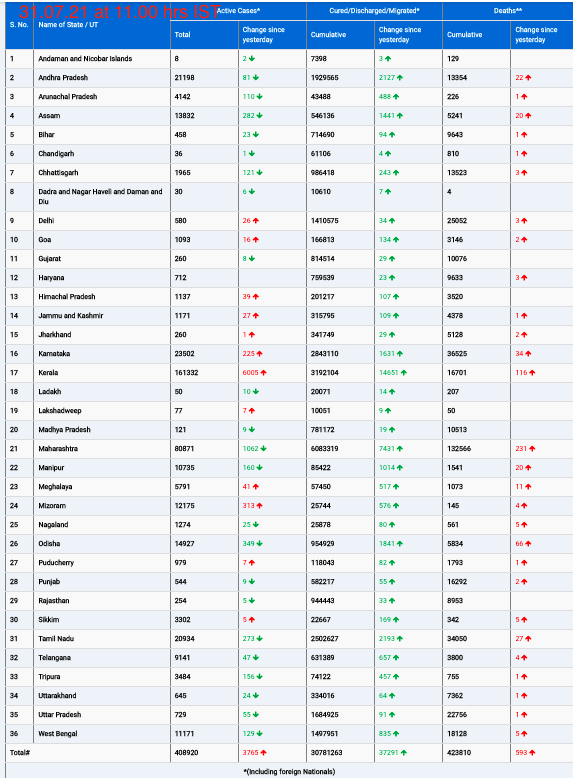Flinders University Research Links Regular Snoring to Elevated Blood Pressure, Particularly in Overweight Middle-Aged Men
In what could be a wake-up call for those who snore, new research from Flinders University has uncovered a significant link between regular nighttime snoring and the risk of uncontrolled hypertension. The study, which is the largest of its kind and the first to employ multiple-night home-based monitoring technologies, reveals that regular snorers, especially overweight middle-aged men, are more likely to experience elevated blood pressure.
Published in the prestigious journal npj Digital Medicine, the study marks a major step forward in understanding the potential health risks associated with snoring. Lead author Dr. Bastien Lechat, from the College of Medicine and Public Health at Flinders University, emphasized the importance of these findings for clinical practice.
“For the first time, we can objectively say that there is a significant connection between regular nighttime snoring and high blood pressure,” said Dr. Lechat. “This highlights the need to consider snoring as part of clinical care and management of sleep problems, particularly in the context of hypertension management.”
The study involved a detailed analysis of participants’ sleep patterns using home-based monitoring over a prolonged period. This approach allowed researchers to gather comprehensive data on snoring and its impact on blood pressure, providing strong evidence of the link between the two.
The implications of these findings are profound. Hypertension, often referred to as high blood pressure, is a major risk factor for cardiovascular diseases, including heart attacks and strokes. Identifying snoring as a potential indicator of hypertension could lead to earlier diagnosis and more effective management of the condition.
“The findings of this study pave the way to further investigate whether therapeutic interventions directed toward snoring can reduce hypertension and reduce the risks associated with it,” Dr. Lechat added.
For individuals who experience regular snoring, especially those who are also overweight, middle-aged, or have other risk factors for hypertension, this research underscores the importance of seeking medical advice. Symptoms such as inadequate sleep, excessive daytime sleepiness, or observed breathing difficulties during sleep should prompt a conversation with a healthcare provider. In many cases, a sleep study may be recommended to assess the severity of the problem and determine appropriate treatment.
The study, titled “Regular snoring is associated with uncontrolled hypertension,” was co-authored by a team of researchers including Ganesh Naik, Sarah Appleton, Jack Manners, Hannah Scott, Duc Phuc Nguyen, Pierre Escourrou, Robert Adams, Peter Catcheside, and Professor Danny J. Eckert. Both Dr. Lechat and Professor Eckert are supported by fellowships from the National Health and Medical Research Council (NHMRC) of Australia.
As the understanding of the link between snoring and hypertension continues to evolve, this research highlights the critical role of sleep health in overall well-being and the potential for targeted interventions to mitigate the risks associated with uncontrolled blood pressure.
Reference: “Regular snoring is associated with uncontrolled hypertension” by Bastien Lechat, et al., 17 February 2024, npj Digital Medicine. DOI: 10.1038/s41746-024-01026-7.











